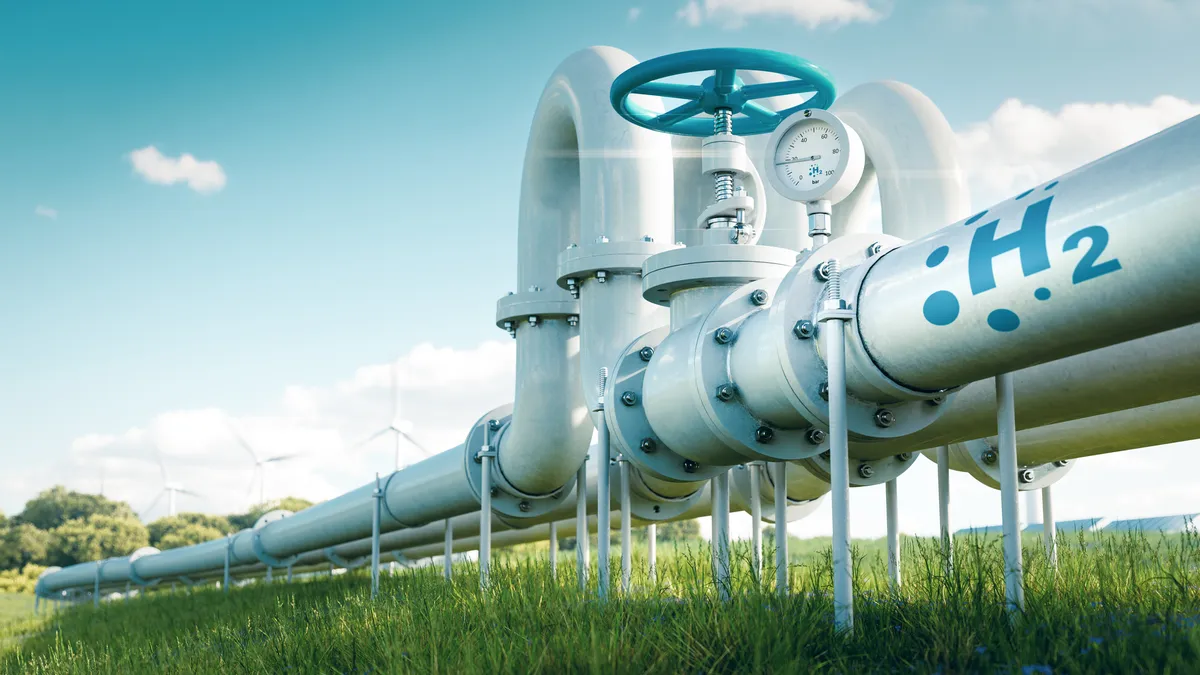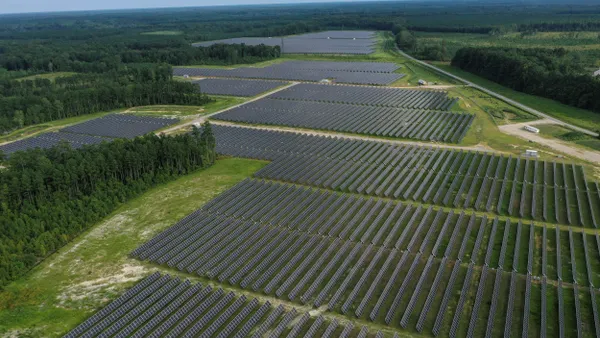A bipartisan bill introduced on Tuesday by Reps. Paul Tonko, D-N.Y., and Stephanie Bice, R-Okla., would authorize additional research and development into clean hydrogen and fuel cell technologies at the Department of Energy.
The bill, the Department of Energy Clean Hydrogen and Fuel Cell Research, Development and Demonstration Act of 2022, would establish a “national Hydrogen Innovation Center to focus on fundamental research and development activities.”
It authorizes DOE programs that would work toward goals like improving stationary fuel cells to more than 80,000 hours of durability and improve the “use of hydrogen and hydrogen blends in the production of iron, steel, cement, fertilizer, chemicals, and energy-dense fuels,” said a press release.
A similar bill, called the Clean Hydrogen Energy Act, was introduced in the last session of Congress but did not receive a vote.
A fact sheet from Tonko’s office states, “Clean hydrogen is an important climate solution for several difficult-to-decarbonize sectors, such as chemical & metals production, long-haul shipping, and heavy-duty transportation.”
The introduction of this bill comes as the Biden administration is working across a number of clean energy sectors to facilitate the U.S. being able to reach the administration’s goal of a zero-carbon electricity grid by 2035 and a net-zero emissions economy by 2050.
“Hydrogen could supply up to 14% of global energy demand by 2050, requiring a 530% increase over current production levels and fueling 3.4 million US jobs,” the fact sheet says.
Tonko’s office states that “boosting R&D to reduce costs and improve durability” for both fuel cells and hydrogen will help them become “commercially viable” technologies.
“Fuel cells are the most energy-efficient devices for extracting power from fuels; they are not only pollution-free but can have more than two times the efficiency of traditional combustion technologies,” the fact sheet says.
Bice said in a Tuesday release that the bill would help support her state’s clean energy industry. “Oklahoma is striving to become a leader in hydrogen production, transportation, and storage,” she said.















